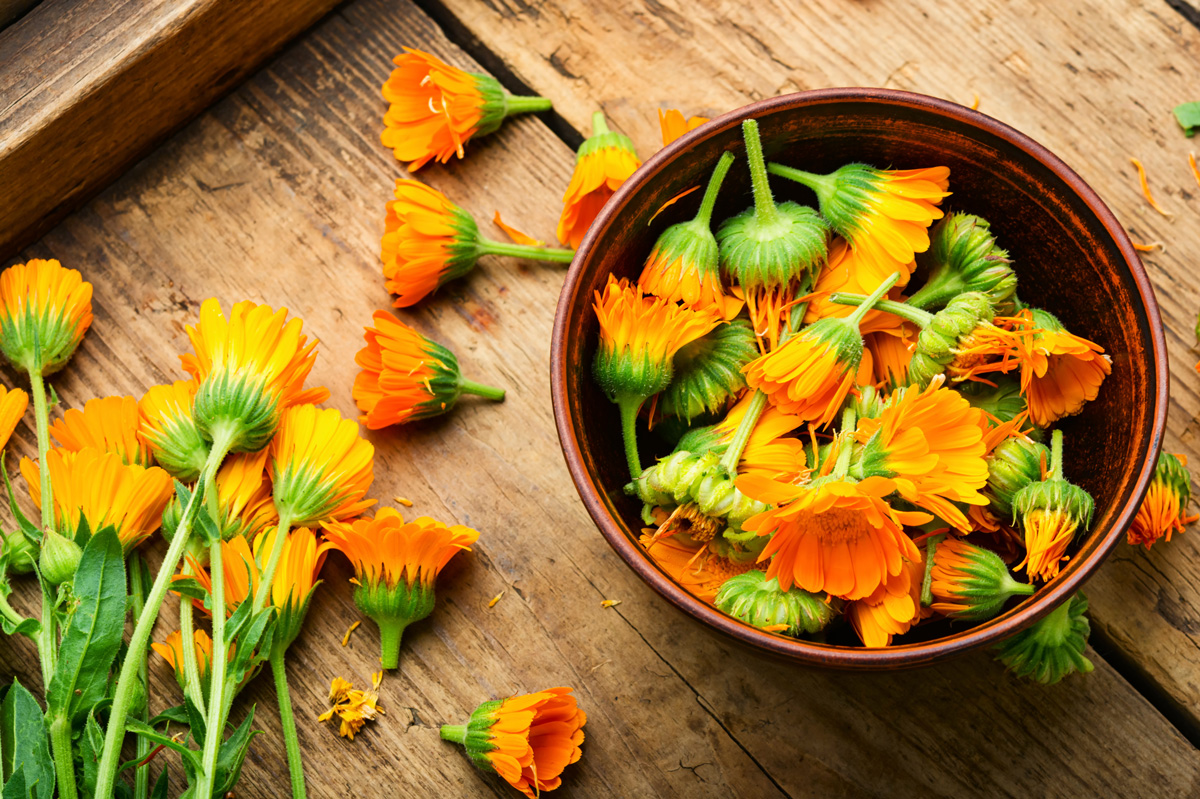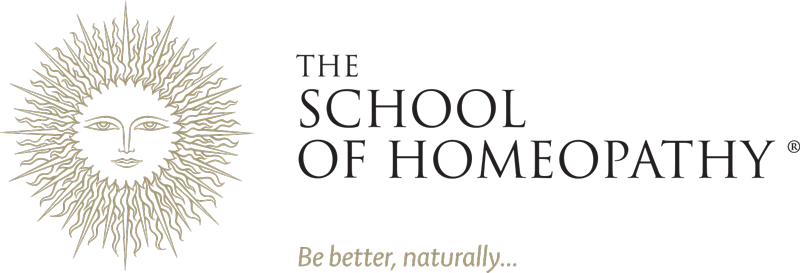Fear of flying, also known as aviophobia, is a common anxiety disorder characterised by an intense fear or anxiety associated with flying on an airplane. It can manifest as physical symptoms such as rapid heartbeat, sweating, shortness of breath or even panic attacks. Homeopathic remedies can help address the underlying emotional and psychological factors contributing to the fear of flying.
Homeopathy is a holistic system of medicine that works on the principle of “like cures like.” It uses highly diluted substances to stimulate the body’s own healing mechanisms. Homeopathic remedies can be effective in addressing anxiety by addressing the underlying causes and promoting overall wellbeing.
Here are seven commonly used homeopathic remedies for fear of flying:
1. Aconitum napellus (Acon.)
This remedy is suitable when there is intense fear, restlessness and a sense of impending doom. The person may experience palpitations, shortness of breath and trembling before or during a flight. Read more…
2. Gelsemium sempervirens (Gels.)
Indicated for anticipatory anxiety before flying, with trembling, weakness and a sensation of heaviness in the limbs. The person may also feel drowsy or have a desire to be alone. Read more…
3. Argentum nitricum (Arg-n.)
This remedy is useful for individuals who have specific fears or phobias, including flying. They may experience apprehension, claustrophobia and a strong desire to escape. Read more…
4. Lycopodium clavatum (Lyc.)
Indicated for individuals who have a fear of being in control or fear of heights. They may experience digestive disturbances and lack self-confidence. Read more…
5. Pulsatilla nigricans (Puls.)
Suitable for those who seek reassurance and support from others due to their fear of flying. They may feel better when accompanied by someone or when distracted. Read more…
6. Phosphorus (Phos.)
Indicated for individuals who have a vivid imagination and are easily overwhelmed by fears and anxiety. They may experience weakness, trembling and a sense of vulnerability. Read more…
7. Lachesis (Lach.)
This remedy is suitable for individuals who have a fear of confined spaces or a fear of losing control. They may experience palpitations, hot flushes and a sense of constriction. Read more…
Please note that the choice of remedy should be based on the individual’s specific symptoms and constitution. It is recommended to consult with a qualified homeopathic practitioner for personalised advice.
In addition to homeopathic remedies, here are some natural ways to help alleviate the fear of flying:
1. Deep breathing exercises: Practice deep breathing techniques, such as diaphragmatic breathing, to help calm the nervous system and reduce anxiety.
2. Visualisation and positive affirmations: Use visualisation techniques to imagine a calm and successful flight and repeat positive affirmations to reinforce feelings of safety and confidence.
3. Cognitive-behavioural therapy (CBT): Consider working with a therapist trained in CBT techniques to help challenge and reframe negative thought patterns associated with flying.
4. Relaxation techniques: Engage in relaxation practices such as progressive muscle relaxation, meditation or yoga to promote overall relaxation and reduce anxiety.
5. Education and information: Learn more about flying, aircraft safety and the mechanics of flight to gain a better understanding and dispel misconceptions that may contribute to fear.
6. Support groups: Seek out a support group or forums where you can connect with others who share similar fears of flying. Sharing experiences and strategies can be helpful in coping with anxiety.
7. Professional guidance: If the fear of flying significantly affects your daily life or restricts your travel, consider seeking professional help from a therapist or counsellor experienced in anxiety disorders.
Remember, overcoming the fear of flying is a gradual process, and it may require patience, practice and a combination of approaches.


